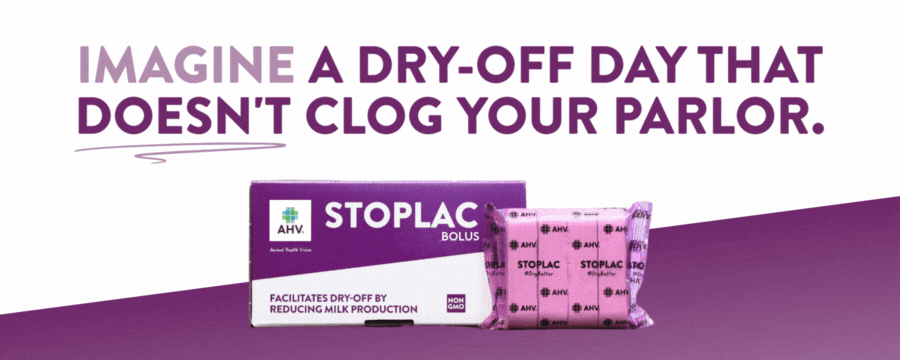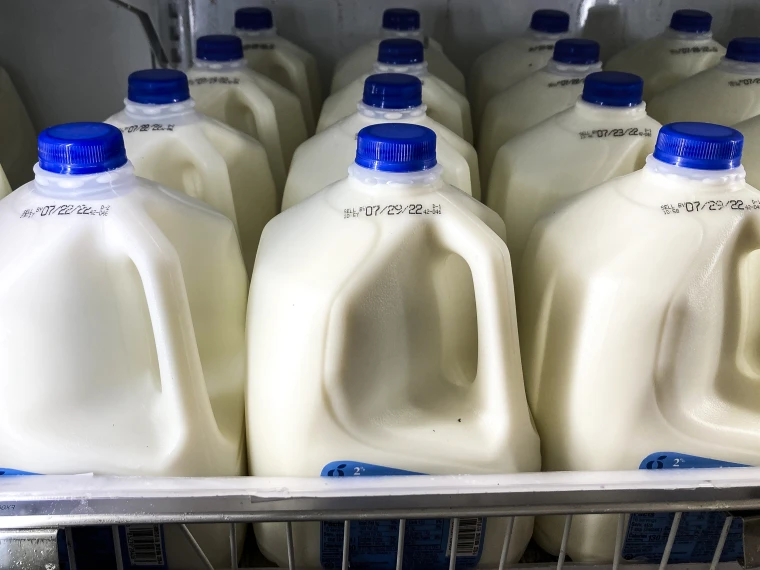 Concerned about the H5N1 virus in your milk? Rest easy as the FDA confirms U.S. milk supply is safe in the latest test results. Learn more here.
Concerned about the H5N1 virus in your milk? Rest easy as the FDA confirms U.S. milk supply is safe in the latest test results. Learn more here.
The Food and Drug Administration (FDA) has once again confirmed the safety of the U.S. milk supply. This assurance comes as the U.S. dairy industry continues to grapple with the HPAI H5N1 outbreak in cows.
Just days after the FDA and the United States Department of Agriculture (USDA) announced the presence of viral material of the highly pathogenic avian influenza in retail milk samples, further testing has shown that pasteurization is effectively killing the virus. The genetic material found in the milk is being cultured in live eggs at a lab in St. Jude’s Children’s Hospital to ensure any HPAI H5N1 virus would not regrow.
“The testing that the FDA has continued to release has only cemented that further,” says Matt Herrick, Senior Vice President of Public Affairs and Communications at the International Dairy Foods Association (IDFA). “The results they received at the end of the week on Friday, determined that the virus was in fact dead. So it would not regrow and would not infect, and pasteurization, at the standard times and temperatures under the Federal Pasteurized Milk Ordinance, is effective.”
The latest round of testing involved 297 milk samples from 38 states, and this supplemental testing confirmed the safety of all commercial milk supplies in the U.S., according to the FDA. The FDA also tested retail powdered infant formula and reports that all results were negative.
Dr. Richard Webby of St. Jude’s Children’s Hospital, who runs the lab that conducted the testing, is adamant that there is no risk to human health. He confirms that while the RNA from the virus remains in the milk post pasteurization, this alone doesn’t make the milk infectious. It needs to be coated in virus proteins and introduced into a cell for infection to happen – something the pasteurization process nullifies.
Judging by his lab’s inability to regrow the virus, Dr. Webby is confident that the RNA found in milk is from dead viruses and, therefore, unable to cause infection.
“In my opinion, based on the small data set we have, yes, the milk is safe,” he asserts. “I am still consuming it at home.”
However, there is still much to learn about HPAI H5N1, especially concerning its presence in cattle. This type of influenza in cows is a new phenomenon and the industry continues to learn more with each new piece of research. In late March, the USDA confirmed that the mystery illness affecting dairy herds in Texas, New Mexico, and Kansas was, in fact, influenza A, the same strain of HPAI present in U.S. for two years. The extent of the outbreak is still unclear.
The pandemic is ongoing and the FDA continues to monitor and test to ensure the welfare of both the cows and the general public. Meanwhile, let’s not forget that over 99% of all milk and dairy products are pasteurized, a process that’s reliably safeguarded our commercial milk supply generation after generation







 Concerned about the H5N1 virus in your milk? Rest easy as the FDA confirms U.S. milk supply is safe in the latest test results. Learn more here.
Concerned about the H5N1 virus in your milk? Rest easy as the FDA confirms U.S. milk supply is safe in the latest test results. Learn more here.



